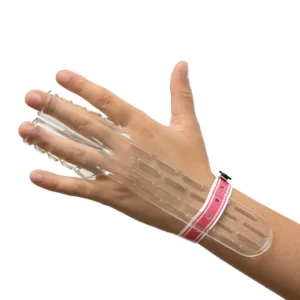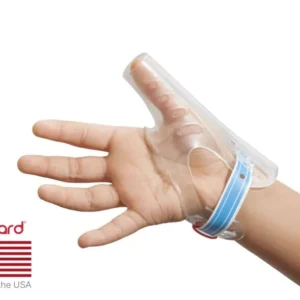Although many of us associate thumb and finger sucking with childhood, it can continue into adulthood if parents don’t take immediate action with their children. After decades of using this habit, it often becomes deeply ingrained into the individual’s routine and can be challenging to stop as an adult. This can leave individuals choosing to self-isolate due to embarrassment or seeking cosmetic surgery to correct the effects of this habit. Delve into how to fully stop finger or thumb sucking in adults.
Learn The Triggers
At its core, thumb sucking is a coping mechanism that infants rely on to alleviate stress, discomfort, and boredom. An adult may suck their thumb or finger for these same reasons, with nuances; after years of relying on the habit, the behavior is also an addiction.
To end this habit, you first have to understand what triggers you to suck your thumb. For instance, before a big work meeting, an adult may suddenly find themselves sucking their thumb in the bathroom. On the other hand, another adult may suck their fingers when they’re bored and not paying attention. In other words, it may not always be a voluntary act but instead feel instinctive in the same way some people take a deep breath to calm down.
Keep a detailed behavior journal to track when, where, and why you engage in thumb-sucking. Record your emotional state, the time of day, your location, and any stressful events that preceded the behavior.
Develop Healthy Coping Skills
Another tip to fully stop finger or thumb sucking in adults is to use healthy alternatives that meet your needs. Examples of coping options include:
- Meditation
- Exercising
- Listening to music
- Reading
- Journaling
- Using fidget toys
Keep in mind that the right coping skill depends on the trigger for thumb sucking. Someone sucking their fingers as a stress response may find exercising an effective means of releasing tension, while someone who sucks their thumb out of boredom may benefit from listening to music or reading a book.
Use Thumb Sucking Appliances
Thumb-sucking deterrent appliances create physical barriers that interrupt the automatic habit while you develop new coping strategies. These tools work most effectively when combined with behavioral therapy and consistent use across all triggering situations.
Thumb sucking gloves are one of the best ways to stop finger sucking since they correct thumb sucking without introducing negative consequences. A thumb sucking glove simply eliminates the suction sensation in the mouth, which is the feeling that drives the habit.
Practice Patience
Breaking childhood habits requires significant time and mental energy because these behaviors often connect to deep emotional needs. Adult brains must rewire established neural pathways while simultaneously managing daily stressors that originally triggered the behavior. Set realistic expectations for gradual progress rather than expecting immediate results.
Remember, changing a habit isn’t easy—it takes time, effort, and persistence. Celebrate small successes along the way and don’t get discouraged by setbacks. With some self-compassion and determination, you can break free from your unhealthy habits and create a healthier, happier life for yourself.






